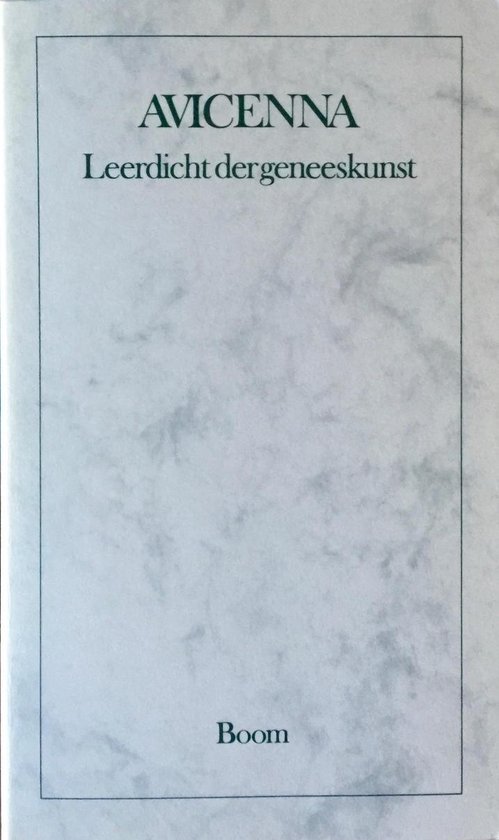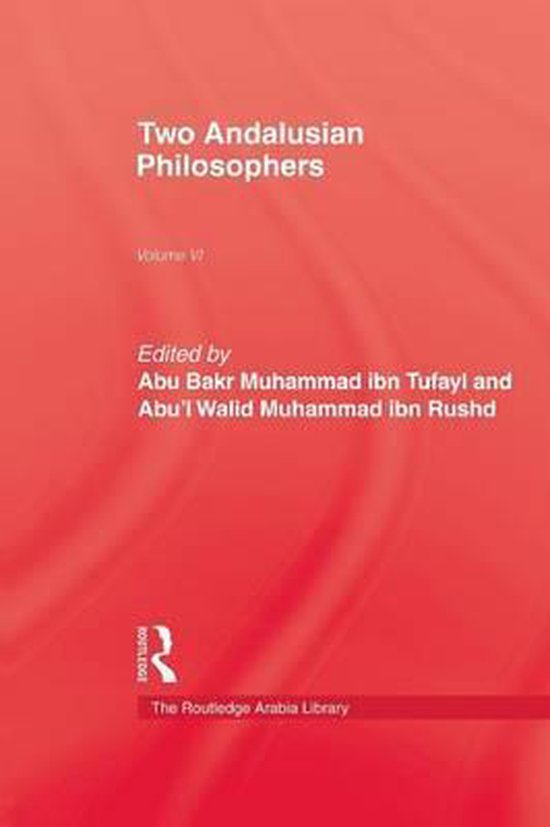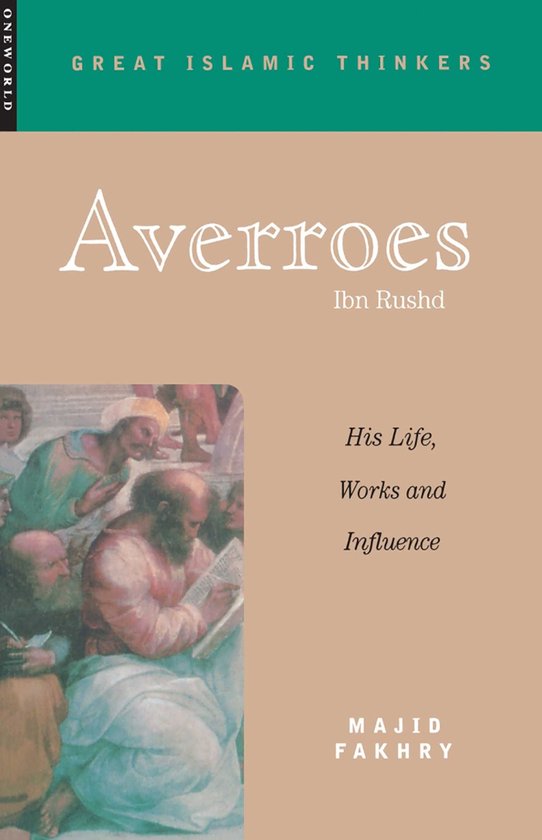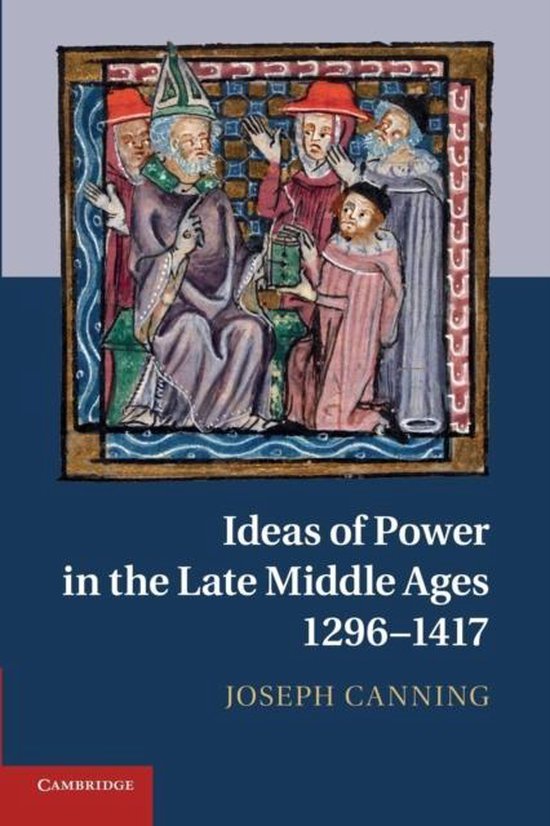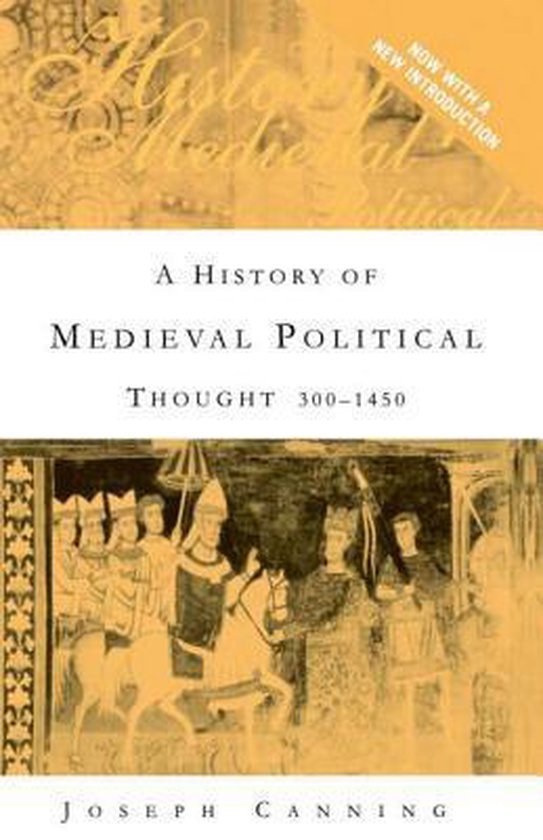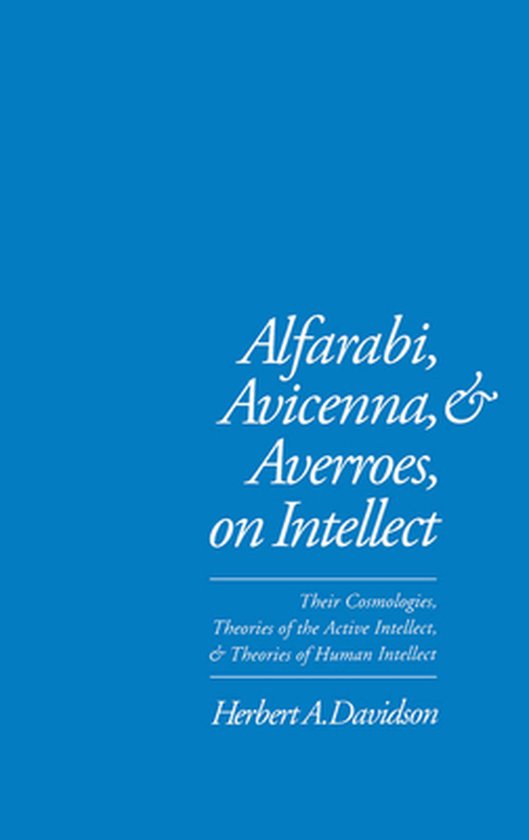
Alfarabi, Avicenna, and Averroes, on Intellect
Medieval Islamic, Jewish and Christian philosophers of the 16th century considered the distinction between the potential and the active intellect as a key to deciphering the nature of man and the universe. This study examines the manner in which three specific philosophers dealt with the issue.
The distinction between the potential intellect and the active intellect was first drawn by Aristotle. Medieval Islamic, Jewish, Christian philosophers, and European philosophers in the sixteenth century considered it a possible key to deciphering the nature of man and the universe. In this book, Herbert Davidson examines the treatment of intellect in Alfarabi (d. 950), Avicenna (980-1037) and Averroes (1126-1198), with particular attention to the way in which they addressed the tangle of issues that grew up around the active intellect.
The distinction between the potential intellect and the active intellect was first drawn by Aristotle. Medieval Islamic, Jewish, Christian philosophers, and European philosophers in the sixteenth century considered it a possible key to deciphering the nature of man and the universe. In this book, Herbert Davidson examines the treatment of intellect in Alfarabi (d. 950), Avicenna (980-1037) and Averroes (1126-1198), with particular attention to the way in which they addressed the tangle of issues that grew up around the active intellect.
| Auteur | | Herbert A. Davidson |
| Taal | | Engels |
| Type | | Hardcover |
| Categorie | | Religie, Spiritualiteit & Filosofie |
